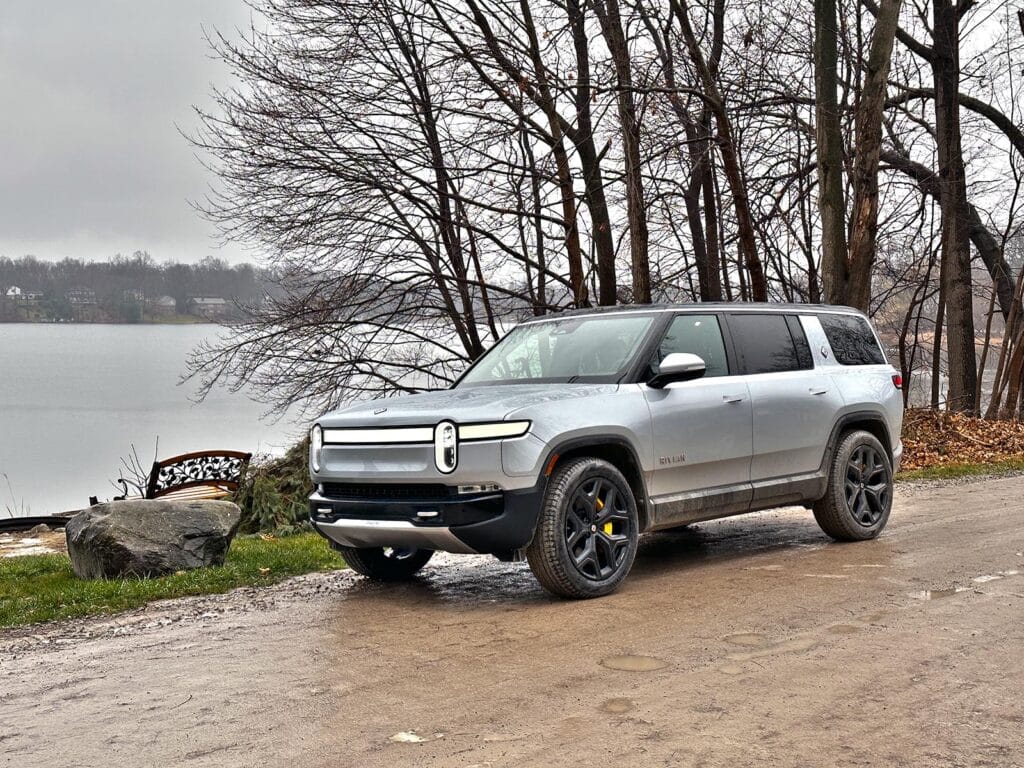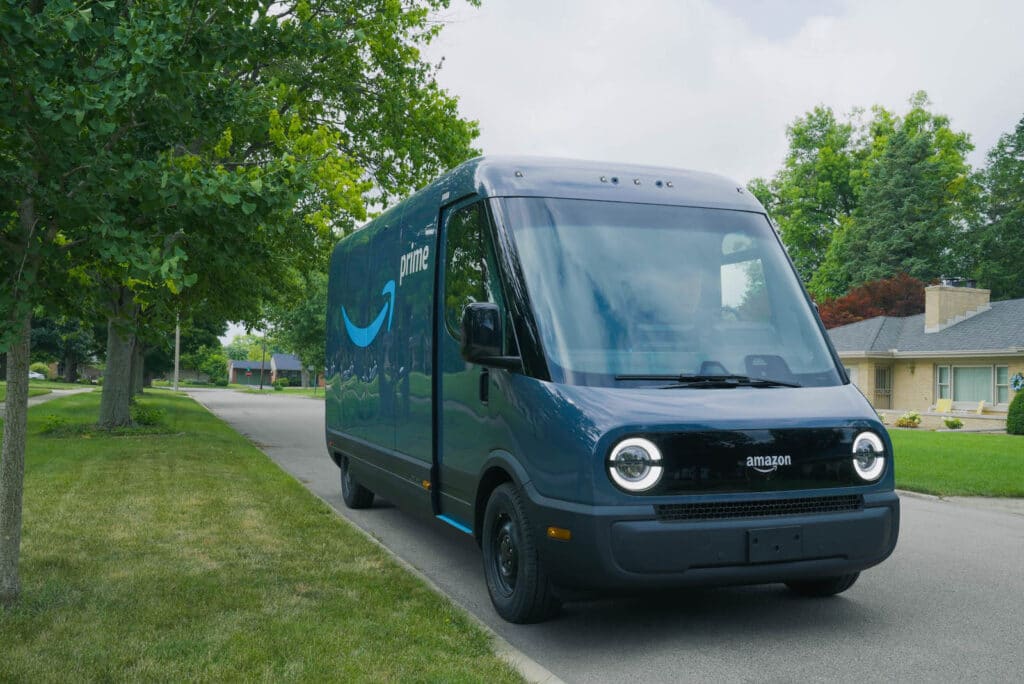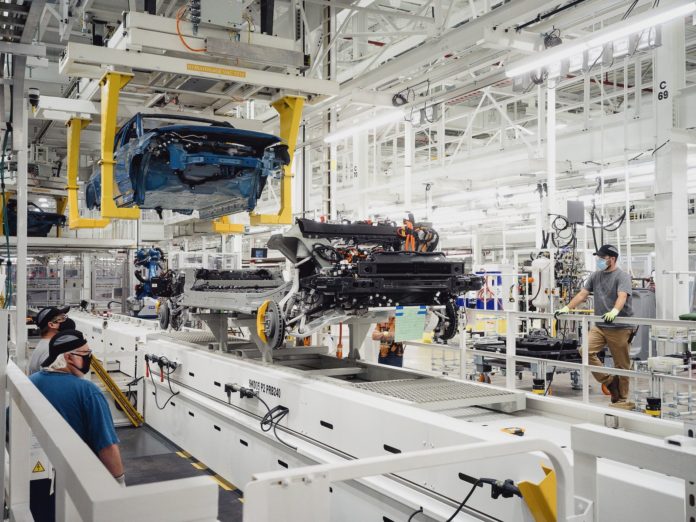Development of Rivian’s new plant in Georgia can move forward after the company and its partners in Georgia Department of Economic Development, or GDED, succeeded in beating back a challenge from disgruntled residents in the three rural counties where the plant will sit.
The Georgia Supreme Court declined to hear an appeal challenging the Rivian project’s bond agreement, making an earlier decision from the Court of Appeals in support of the project final.
Development goes forward
The court’s green light clears the way for the project, which will create what is described as a “carbon-conscious” campus on a 2,000-acre site east of Atlanta, in Morgan and Walton counties. The project, first announced in December 2021, represents a $5 billion site development and manufacturing investment.
The $1.5 billion incentive package offered Rivian is the second largest in Georgia state history just behind the $1.8 billion package of incentives the state offered Hyundai Motor Group is for its $5.5 billion electric vehicle assembly plant in Bryan County, just west of Savannah.
Despite a huge cash burn, Rivian, one of the most recognizable EV startups, surpassed Wall Street’s expectations in the first quarter by producing a higher number of EVs than anticipated by analysts. This led to significant uptick in the company’s stock price and market cap after steadily declining since its spectacular IPO in November 2021.

R.J. Scaringe, Rivian founder and CEO, reaffirmed the company’s guidance to stay on track to manufacture 50,000 EVs in 2023. This comes after the EV maker produced just under 25,000 vehicles in 2022. There have also been reports that Rivian’s board internally discussed the possibility of making 62,000 vehicles this year.
Establishing a smooth production schedule, amid parts shortages and product changes, has been a challenge for the company, Scaringe acknowledged recently.
Amazon continues backing Rivian
Amazon, Rivian’s largest shareholder, recently reiterated its continuing support amid talks to end the exclusivity deal between the two companies. By removing exclusivity, Rivian would have the opportunity to seek new customers as it ramps up production and raises funds for its upcoming R2 model built at Rivian’s existing factory in Normal, Illinois.
From the start, Rivian has said the new plant in Georgia would build a smaller, less expensive “Adventure Vehicle” aimed at wider audience and will ultimately be capable of producing as many as 400,000 units annually.

The GDED noted the decision not to hear the residents appeal was reinforced by unrefuted evidence that the project is sound, reasonable and feasible, and is expected to create 7,500 new direct jobs, while generating additional tax revenue for the counties, including for local education systems and emergency services.
“Rivian is a generational opportunity for Georgians,” said GDED Commissioner Pat Wilson. “Rivian’s potential goes well beyond directly creating well-paying jobs of the future. A project of this scale attracts suppliers and builds a thriving community that can support more local businesses. The benefits will be felt across the e-mobility ecosystem and the dozens of other industries its supply chain touches.
“We are looking forward to working with Rivian, our sister agencies, and local communities to capitalize on Georgia’s momentum at the forefront of the e-mobility revolution,” he added.
Wilson said site development on the 2,000-acre East Atlanta megasite began in 2022 with production expected to begin in 2026.
Rivian’s strategic location on the I-20 corridor will enable the company to access resources and speed its products to market. Offering 1,200 miles of highway and 5,000 miles of rail, Georgia is equipped to move products like Rivian’s vehicles quickly and efficiently. With assets like the Mason Mega Rail Terminal at the Port of Savannah.

